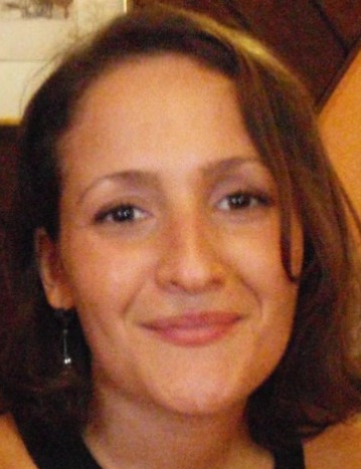Who are you?
My name is Leïla Medjkoune and I am responsible for the Web Archiving projects and activities at Internet Memory.
Tell us a bit about your role in SCAPE and what SCAPE work you are involved in right now?
My involvement in Scape is twofold. I am working as a project manager, following the project and ensuring that Internet Memory as a partner fulfils the project plan. I am also involved as a functional expert, representing web archivists’ needs. I am therefore working within several areas of the project such as Quality Assurance and the Web Testbed work, where I contribute to the development of tools and workflows in relation to web archiving.
Why is your organisation involved in SCAPE?
Since its creation in 2004 Internet Memory actively participates in improving the preservation of the Internet. It supports cultural institutions involved in web archiving projects through its large scale shared platform, by building its own web archive and also by developing innovative methods and tools, such as its own crawler, MemoryBot, either internally or as a result of participation in EU-funded research projects, aiming to tackle web archiving and large scale preservation challenges. As part of SCAPE, Internet Memory is willing to test, develop and hopefully implement within its infrastructure, preservation tools and methods, including an automated visual quality tool applied to web archives.
What are the biggest challenges in SCAPE as you see it?
SCAPE is a very interesting project with a quite complex organisation. This is due to the fact that we are looking at a broad range of tools and methods trying to tackle a variety of preservation issues. Beyond the organisational aspects, one of the biggest challenges is as stated within the acronym, to answer the scalability issues currently met by most archives and libraries. This is even more critical for web archives as the amount of the heterogeneous content to preserve and to provide access to is constantly growing in size. Another challenge will be to disseminate SCAPE's outcomes so that they reach the preservation community and will be used within libraries, archives and preservation institutions in general.
What do you think will be the most valuable outcome of SCAPE?
As most web archives, we are willing to implement robust automated tools within our infrastructure that could not only facilitate operations but would also reduce costs. Improving characterisation tools so that they scale and developing QA tools designed for web archives, such as the Pagelyzer, are the most useful outcomes from our perspective. We are also strongly involved within the SCAPE platform work and believe this platform is a useful example of how several preservation tools and systems can be integrated within one single infrastructure.
Contact information:
Leïla Medjkoune


